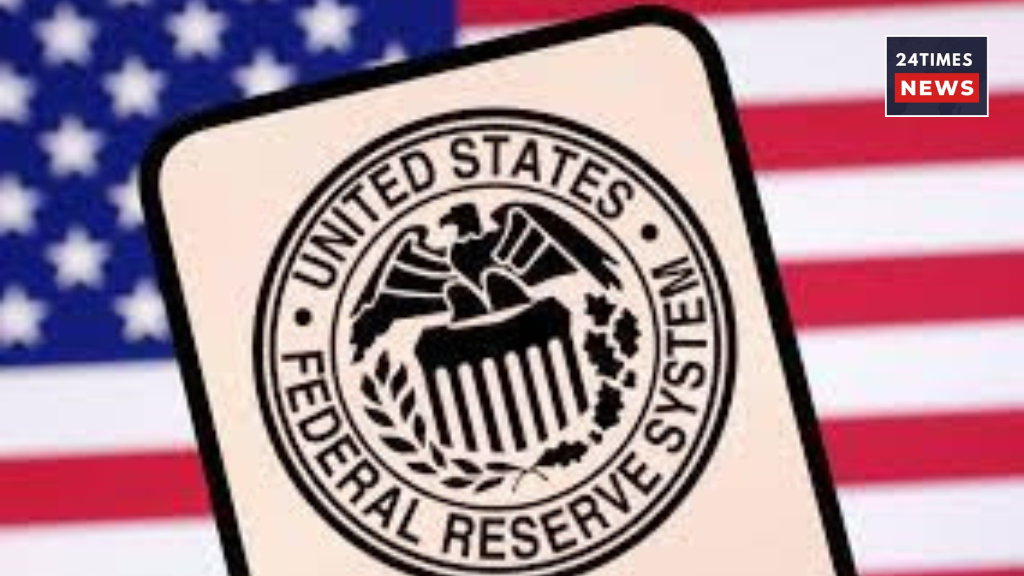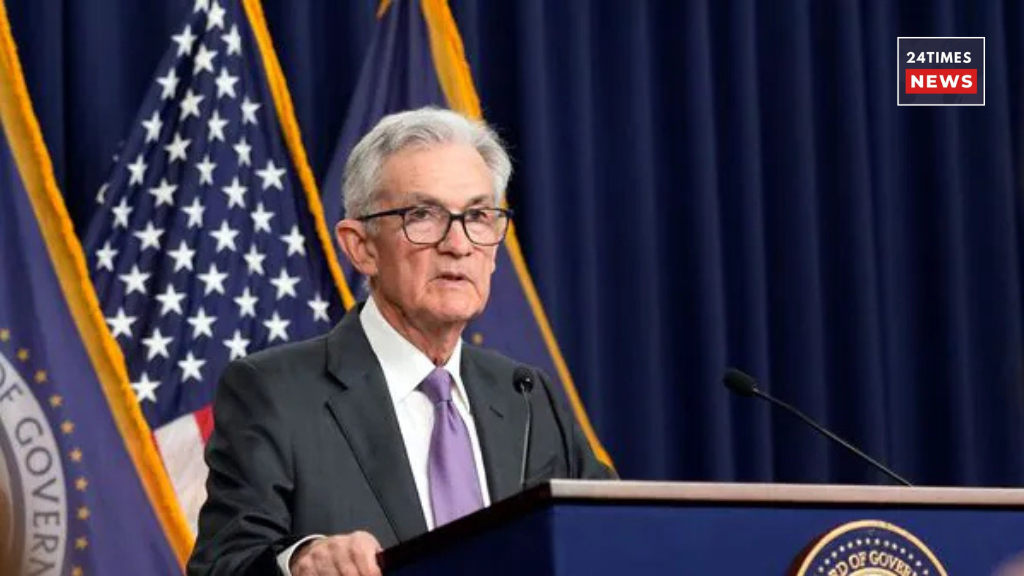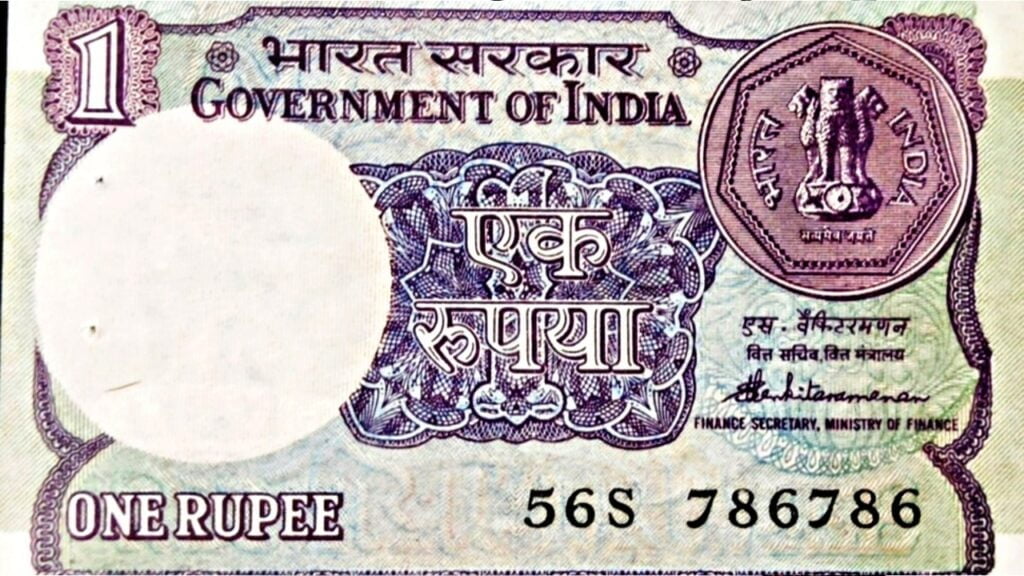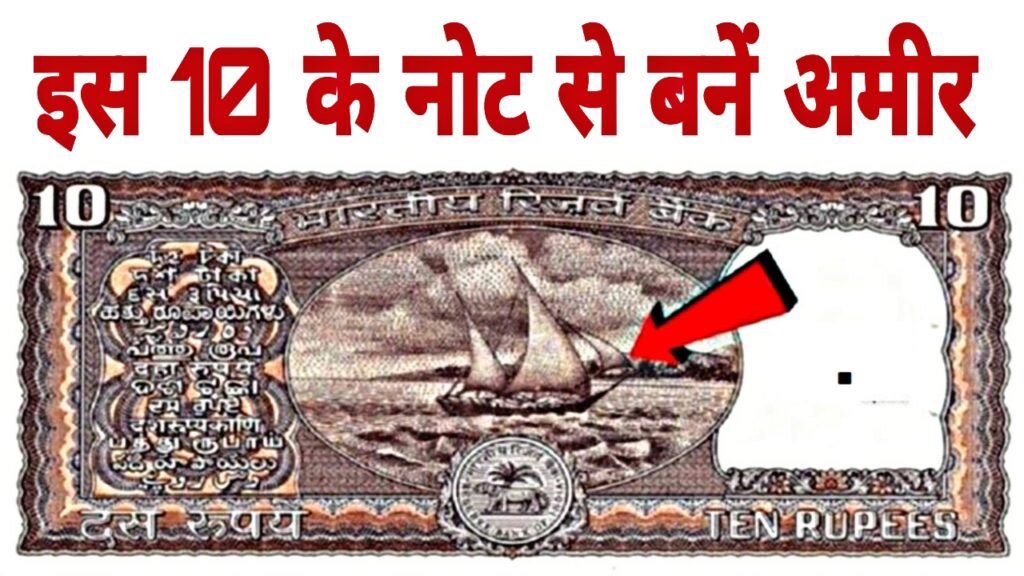US Fed rate cut
Rumors of a potential U.S. recession have resurfaced following the Federal Reserve’s recent interest-rate cut and reactions from leading economists. Chief economists at Moody’s and Aletheia Capital voiced concerns about an economic downturn—but how accurate are those worries?
Fed Chair Jerome Powell, in his latest speech, acknowledged that unemployment could rise and noted clear signs of slower job creation and economic momentum. While the jobless rate remains low, it edged up slightly in August 2025.

GDP Growth
Powell reported that U.S. GDP expanded 1.5% in the first half of 2025, down from 2.5% during the same period last year. By comparison, the Federal Open Market Committee (FOMC) projects 1.6% growth for the full year 2025, with a modest pickup to 1.8% in 2026 and 1.9% in 2027.
Consumer Spending Slows
Powell emphasized that the slower growth rate reflects a broader cooling in economic activity, including consumer spending.

Outlook Remains Positive
Despite new U.S. tariffs imposed by the Trump administration, the FOMC has raised its growth projections. The committee expects unemployment and inflation to ease over the next two years, signaling confidence that tariffs will not derail the economy.
Inflation Trend
The Fed aims for a 2% annual inflation rate, but its own projections suggest that target will not be met in the near term. Inflation, which had been easing since 2022, ticked up to 2.6% in July 2025, compared with 2.5% a year earlier, partly due to the recent tariffs.
While the Fed’s rate cut has reignited speculation of a looming recession, Powell’s remarks and the FOMC forecasts point to moderate growth and gradually falling inflation, rather than an immediate economic slump.





